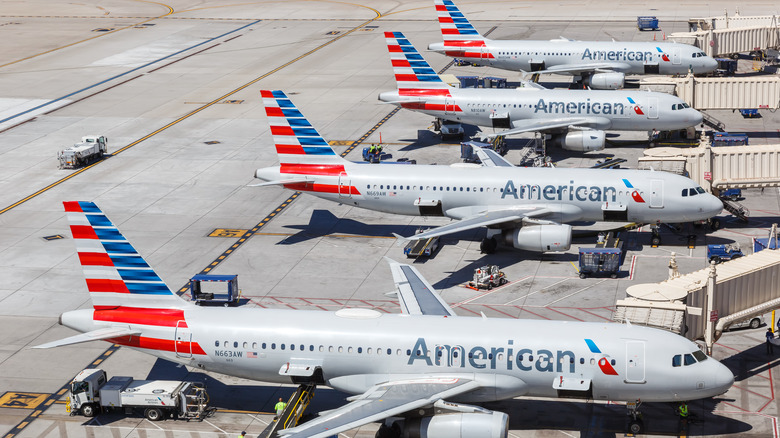How Serving One Less Olive Per Salad Saved American Airlines $100,000
In marketing circles, there is the legend of the $100,000 olive. As ABC recounted in 2001, Robert Crandall, the head of American Airlines in the 1980s, calculated that he could save the company $100,000 a year, though Forbes and other sources peg the amount at $40,000. They could be counting for inflation, though US Inflation Calculator finds that $40,000 in 1980 would only be worth $85,922.33 in 2001. The point, however, is that Crandall figured a good wheeze for squeezing some extra savings.
The trick was to remove one olive from every salad served. No passenger, Crandall thought, would notice if a single olive had been removed. Such a reduction, of course, scales to a large amount when you consider how many people fly with American Airlines in a year.
Since then, the American Airlines olive has ascended to the realm of business management lore, which is probably an added reason for the confusion in savings. In the smallest details, great amounts of money can be found. That, some claim, is the lesson.
That is not the real lesson
If you pay attention to the formulation of Crandall's thought, another more familiar lesson for the airline passenger emerges. Namely, that the customers won't notice the missing olive. In other words, airlines can cut costs to the point a passenger might notice or, as happens more often in practice, can realistically fly with another airline. The missing olive stands for how cheap air travel has become affordable at the expense of pleasure.
"Take out the frills and they could offer a cut-price service and beat the majors," Michael Gebicki summarizes for Stuff, laying out the logic for budget airlines.
However, as the ABC piece itself covers, such cuts extend everywhere. United Airlines, around the time of the piece's writing in 2001, removed refresher towels for short journeys, cut out in-flight entertainment, and removed grapefruit juice from the menu. Each individual cut sounds reasonable enough. Each is just another olive. But when added all together and expanded to the air travel experience as a whole, a common description for air travel is "miserable."
In 2017, Vox, Slate, and NPR are felt compelled to comment on the viral sensation of a passenger being "re-accommodated" after United had engaged in their overbooking tactics. "Let's face it," NPR exhorted, "even before these recent incidents on American Airlines and Delta, in addition to United, air travel had already become a dreadful experience for many of us." A single olive didn't get us here, but it represents what did.

